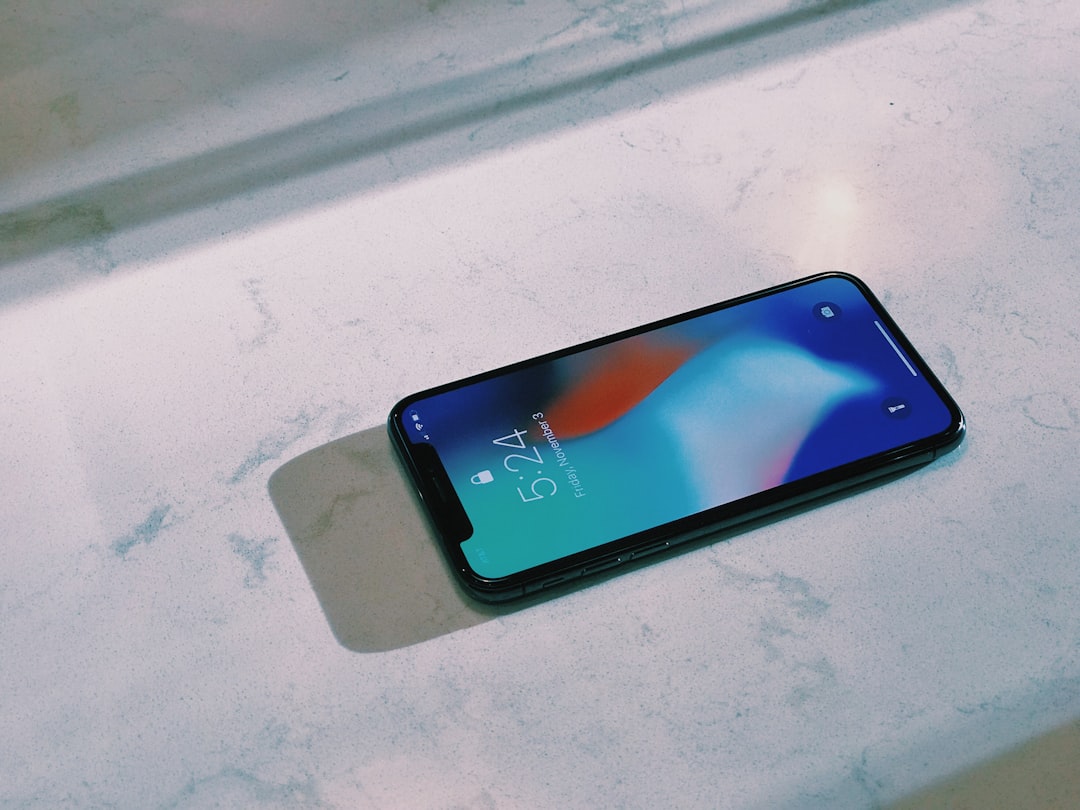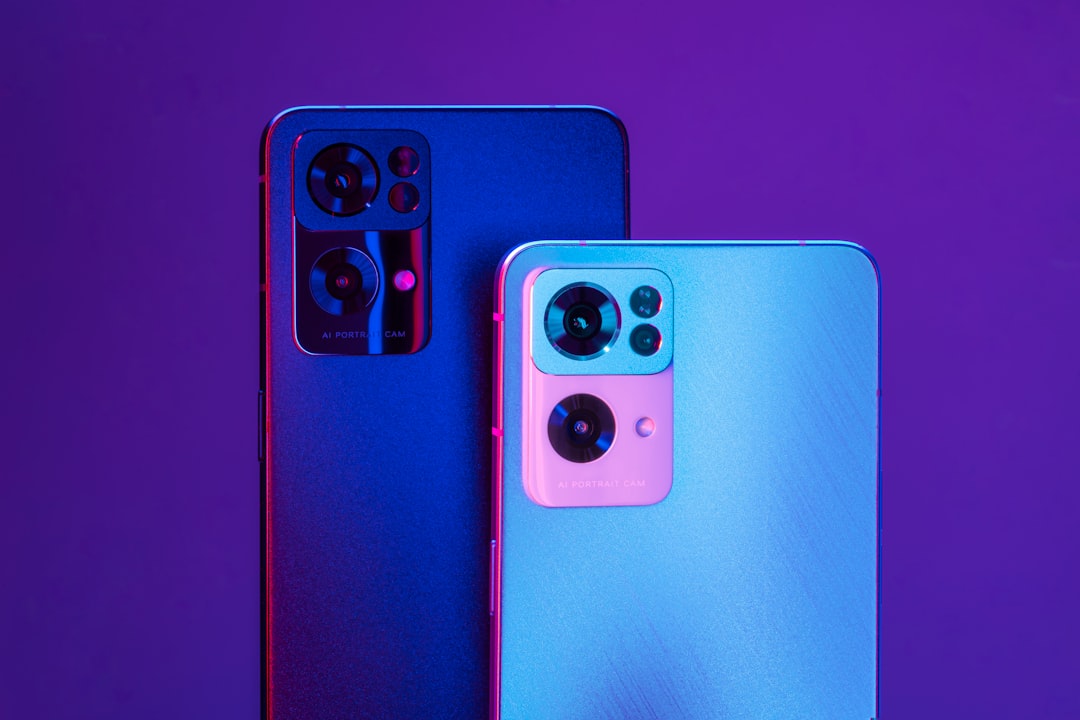Robocalls are a common nuisance in New York, but consumers have protections under the Telephone Consumer Protection Act (TCPA) and state laws. To combat excessive or unauthorized calls, consult a lawyer specializing in New York's robocall laws for guidance on rights, damages, and legal action against offending companies. Practical strategies like call-blocking apps and keeping numbers private also help reduce intrusive interruptions. Legal assistance is advisable to navigate complexities and protect against potential legal issues from unwanted automated communications.
In the digital age, robocalls have become a pervasive and often annoying nuisance. New York residents are protected by state laws governing these automated calls, but understanding your rights and available defenses is crucial. This article guides you through the complex landscape of robocall regulations in NY, empowering you with knowledge. From recognizing illegal practices to exploring legal recourse with a specialist lawyer for robocall laws in New York, discover effective strategies to protect yourself from unwanted intrusions.
Understanding Robocalls and Their Legal Framework in New York

Robocalls, automated phone calls that deliver pre-recorded messages, have become a ubiquitous and often unwanted part of daily life. In New York, as in many other states, robocalling laws are in place to protect consumers from deceptive or nuisance calls. The Telephone Consumer Protection Act (TCPA) prohibits automated phone systems from calling cellular phones without prior express consent. This includes marketing calls, debt collection attempts, and political messages.
New Yorkers have the right to file complaints against violators with the New York State Attorney General’s Office or the Federal Communications Commission (FCC). If you’ve been a victim of excessive or unauthorized robocalls, consulting a lawyer for robocall laws in New York can be beneficial. Legal experts can guide you on your rights and options, including seeking damages if appropriate, to ensure that your phone is protected from these intrusive calls.
Rights of Consumers: What Does the Law Say About Robocalls?

In New York and across the nation, consumers have certain rights when it comes to robocalls. The Telephone Consumer Protection Act (TCPA) is a federal law designed to protect individuals from unsolicited phone marketing calls, including those made by automated dialing systems or prerecorded messages. According to the TCPA, businesses must obtain explicit consent before placing robocalls to consumers. This means that if you haven’t given permission for your number to be contacted, these automated calls are illegal.
If you’ve been experiencing a high volume of unwanted robocalls, it’s advisable to consult with a lawyer specializing in robocall laws in New York. They can help you understand your rights and take legal action against the perpetrators. Many companies use aggressive tactics to generate sales, and a skilled attorney can assist in stopping these practices and securing damages if applicable.
Strategies to Protect Yourself from Unwanted Robocalls

In today’s digital era, unwanted robocalls have become a pervasive issue, affecting folks across New York and beyond. Protecting yourself from these incessant calls is crucial for maintaining peace of mind. A lawyer specializing in robocall laws in New York can be your first line of defense. They can guide you through the legal options available, such as registering on the Do Not Call List and seeking damages for violations.
Additionally, implementing practical strategies can significantly reduce the frequency of robocalls. Using call-blocking apps, keeping your phone number private when possible, and avoiding interacting with unknown callers are effective measures. Educating yourself about common robocall scams and staying vigilant will further empower you to protect against these intrusive interruptions.
When is a Robocall Considered Legitimate? Key Exceptions

In New York, a robocall is generally considered legitimate if it complies with state laws and obtains proper consent from the caller. This often involves consumers explicitly agreeing to receive automated calls for marketing purposes. A common exception to this rule is when a consumer has previously done business with a company or requested information, which can make such calls legal under the Telephone Consumer Protection Act (TCPA).
However, there are crucial exceptions where robocalls may be deemed unlawful even with consent. For instance, if a caller uses an automated system to deliver a prerecorded message without providing a clear and visible opt-out option, it could violate consumer rights. Additionally, calls from law enforcement agencies or healthcare providers during emergencies can bypass typical restrictions. In such cases, consumers should expect and allow these calls, as they serve vital purposes in critical situations. Engaging the services of a lawyer for robocall issues in New York can help clarify these gray areas and protect individuals from potential legal repercussions related to unwanted automated communications.
Your Legal Recourse: Seeking Help from a Lawyer for Robocall Issues in NY

If you’re experiencing an excessive number of robocalls from telemarketers or unknown numbers in New York, you may feel powerless against this growing issue. However, knowing your legal rights and seeking assistance from a qualified lawyer can be a powerful step towards regaining control. In New York, there are strict regulations in place to protect consumers from unwanted phone calls, including robocalls. These laws provide individuals with the right to take action against those who violate their privacy and peace of mind.
A lawyer specializing in robocall laws can help you understand your rights under the Telephone Consumer Protection Act (TCPA) and New York State law. They can assist in navigating the legal system, filing complaints, and even representing you in court if necessary. Many lawyers offer free initial consultations to discuss your case, so don’t hesitate to reach out for expert advice on how to protect yourself from robocalls effectively.






